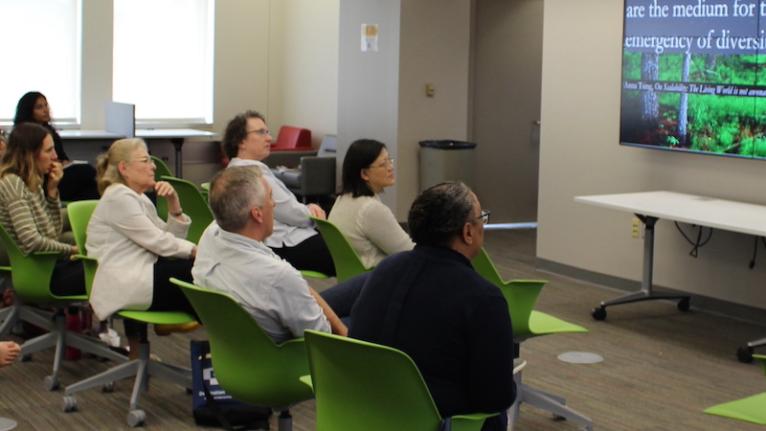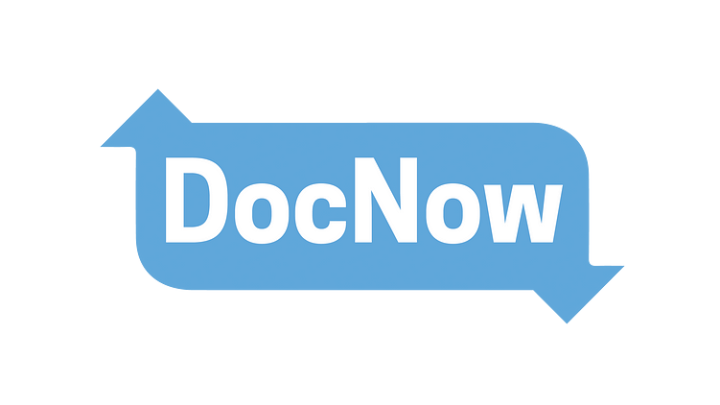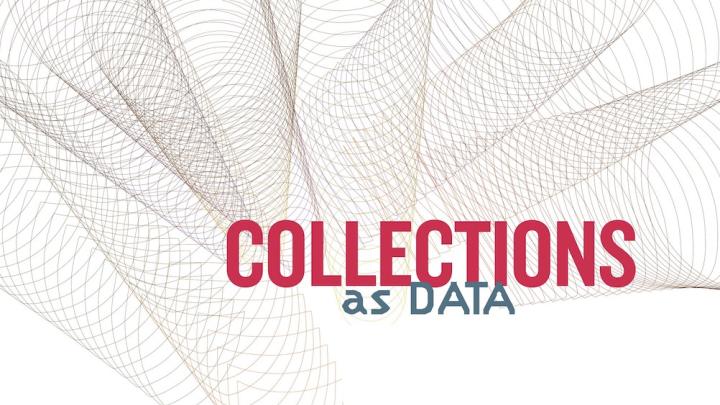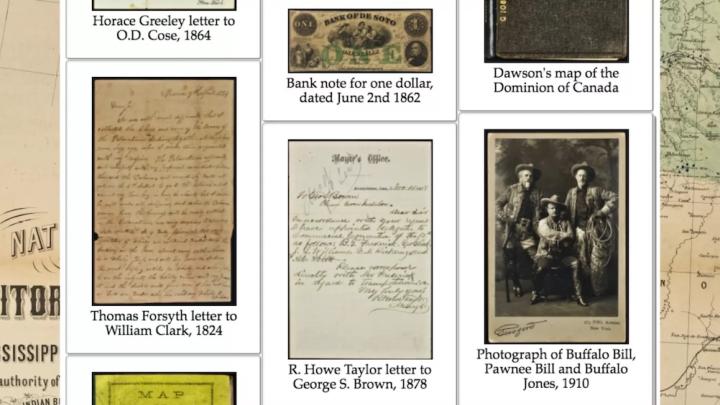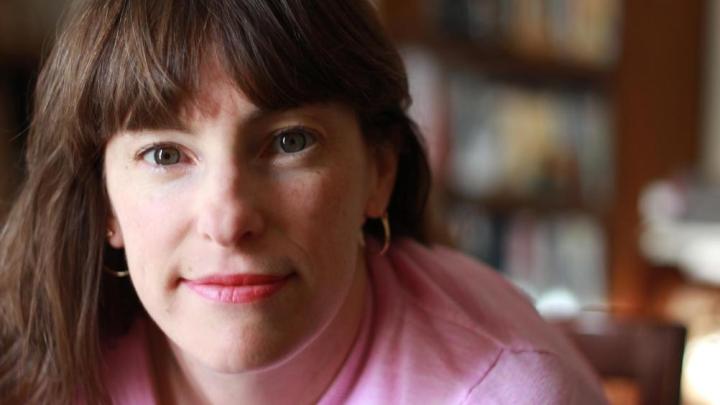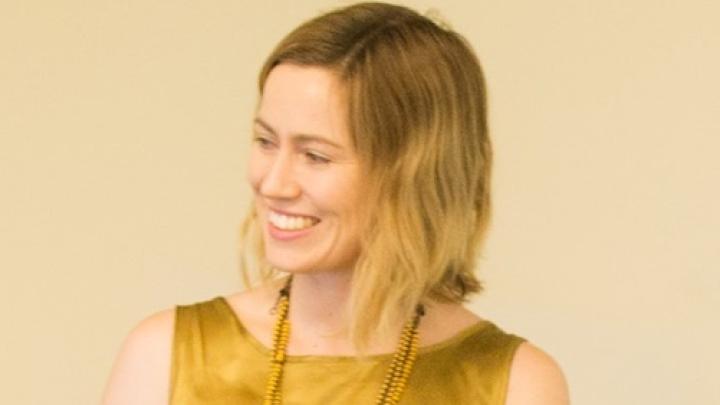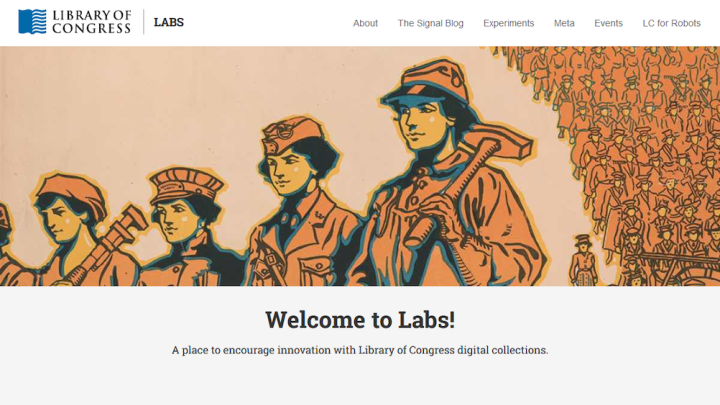Bergis Jules
University and Political Papers Archivist, University of California, Riverside Library
The public's use of social media platforms to document events of historical significance, to engage in political conversations, or to share and explore cultural experiences, continues to be widespread and this presents new opportunities for archivists interested in working with social media to build collections. But practices developed for more manageable traditional archival materials, don't always apply well in the era of social media, creating significant ethical dilemmas for archivists. The Documenting the Now project is interested in addressing these issues by helping to build tools and develop practices in community with archivists interested in the ethical collection, access,and preservation of social media content.
Bergis Jules is the University and Political Papers Archivist at the University of California, Riverside library, where he manages university archives, political papers, African American collections, and community archives projects. He is one of the principal investigators on a 2015 funded project for social media archiving from the Andrew Mellon Foundation titled, Documenting the Now: Supporting Scholarly Use and Preservation of Social Media Content
University and Political Papers Archivist, University of California, Riverside Library
The public's use of social media platforms to document events of historical significance, to engage in political conversations, or to share and explore cultural experiences, continues to be widespread and this presents new opportunities for archivists interested in working with social media to build collections. But practices developed for more manageable traditional archival materials, don't always apply well in the era of social media, creating significant ethical dilemmas for archivists. The Documenting the Now project is interested in addressing these issues by helping to build tools and develop practices in community with archivists interested in the ethical collection, access,and preservation of social media content.
Bergis Jules is the University and Political Papers Archivist at the University of California, Riverside library, where he manages university archives, political papers, African American collections, and community archives projects. He is one of the principal investigators on a 2015 funded project for social media archiving from the Andrew Mellon Foundation titled, Documenting the Now: Supporting Scholarly Use and Preservation of Social Media Content
